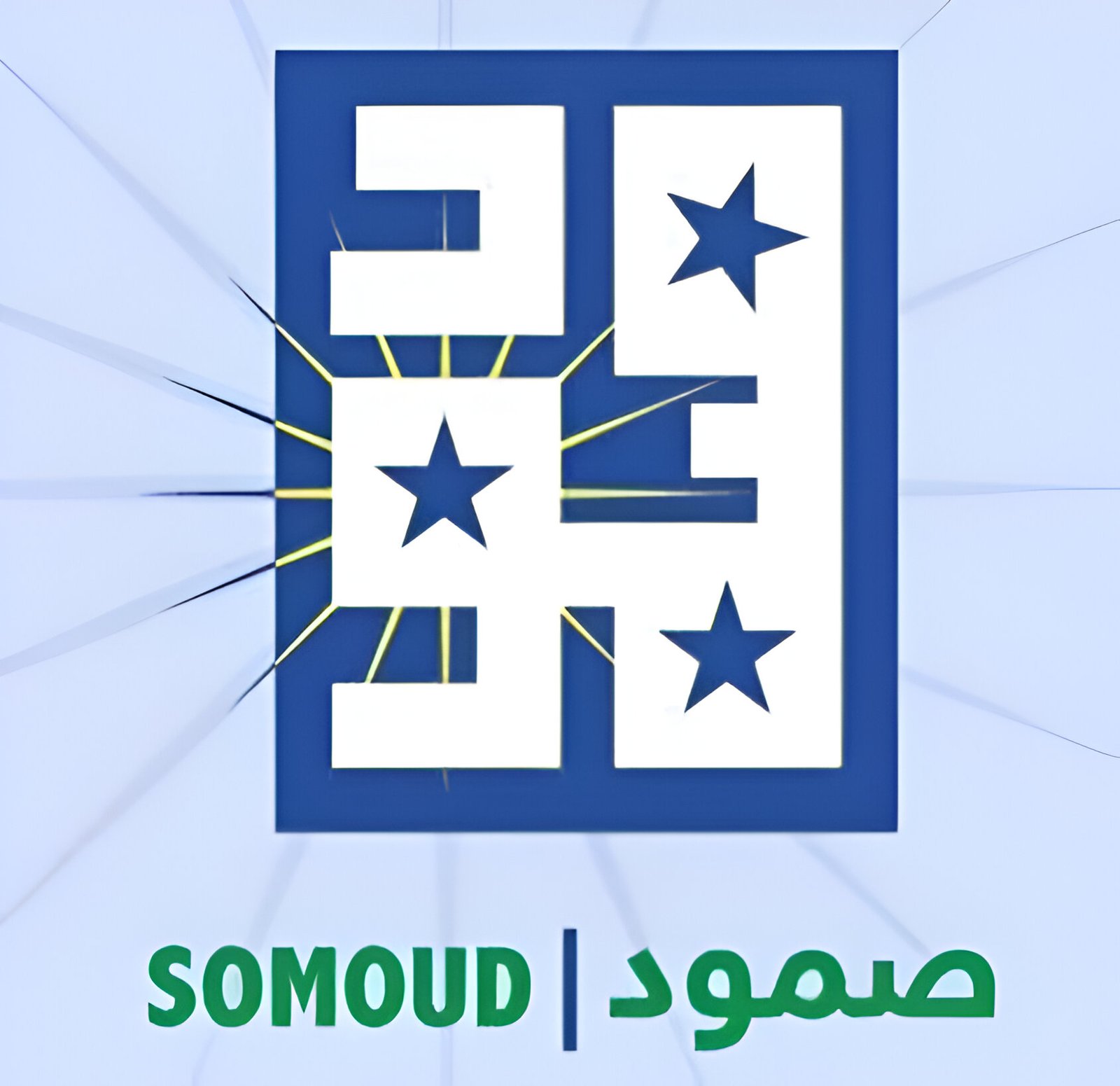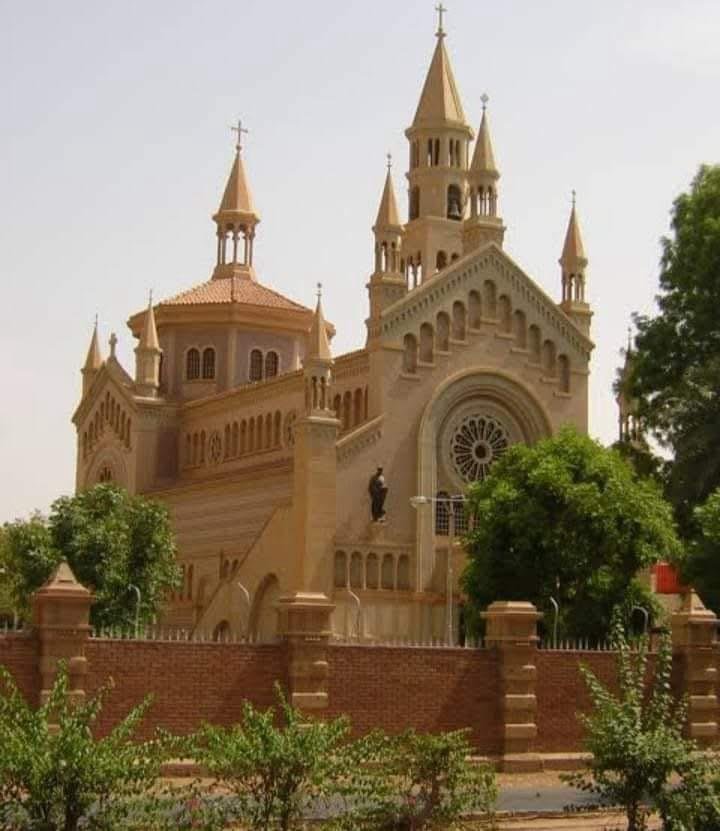SPT
The Civil Democratic Alliance of the Revolutionary Forces “Somoud” calls for urgent and coordinated efforts political, media, legal, and diplomatic to designate the National Congress Party / Sudanese Islamic Movement and its affiliates as a terrorist organization both domestically and internationally. We further urge its constitutional ban and criminalization of affiliation for the following reasons:
Coup Plotters
The National Congress/Islamic Movement is a putschist organization. It overthrew the plural democratic system in 1989. Its leader Ali Osman Mohammed Taha, in a documented speech before their Shura Council declared that if conditions returned to what they were, they would repeat the same act. They in fact repeated the same when they staged another coup on 25 October 2021, exploiting the ambitions of the leaders of SAF & RSF.
Anti-democratic:
The original project of the National Congress and its Islamic Movement claims to represent the Will of God on Earth and monopolize absolute truth. Consequently, its project is necessarily singular and closed, rejecting pluralism and difference and seeing opposition as infidelity and heresy. Based on this original project, and after their coup, the Sudanese Islamic Movement banned political parties, dissolved trade unions, and shut down dissenting media. They borrowed from Gaddafi’s “people’s conference” system, which viewed political pluralism as treason.
When the Sudanese people bravely resisted this closed, one-party regime, the movement made tactical retreats, accepting only superficial pluralism. Yet it never abandoned its overall strategy or its vision of monopolizing the public sphere, continuing to use the country’s resources to corrupt political and civil life through bribes, planted informers, creating discord, and destroying or coopting independent platforms.
For three decades under their rule, Sudanese men and women suffered arbitrary arrests, torture in secret detention houses, dismissal of union members under the pretext of “public interest,” and the suppression of freedom of expression, peaceful assembly, and organization. Sudanese women suffered doubly: the regime’s “public order” system appointed narrow-minded zealots as guardians over women, leading to around 43,000 women and girls each year being subjected to the public order’s humiliation and oppression. Christians, treated as second-class citizens, saw their churches demolished, missionaries arrested, property confiscated, educational institutions closed, and faced various forms of discrimination and prosecution. The same pattern extended even to moderate Muslim groups, whose property was seized and whose leaders and imams were arrested. The regime manipulated tribal structures, deepening social division and intensifying hate speech and racism. The Sudanese Islamic Movement promoted extremist ideology through education, media, and religious platforms by legitimizing violence, declaring opponents as infidels, and inciting sectarian hatred. It also used mosques and official religious institutions to encourage violence and justify civil wars and coups acts identified as forms of ideological terrorism and terrorist mobilization.
Genocidal:
The Sudanese Islamic Movement launched a campaign of state terror to crush any resistance to its coup regime, especially in marginalized regions (South Sudan before secession, the Nuba Mountains, Blue Nile, Darfur and eastern Sudan). It killed people on suspicion and based on identity, dropped barrel bombs on civilians, burned villages, and used starvation, sexual violence and rape as weapons of war. International reports and credible human rights organizations have documented these crimes. The highest international judicial body, the International Criminal Court, issued arrest warrants for the head of the coup regime and National Congress President Omar alBashir, Interior Minister Abd alRahim Mohammed Hussein and the State Minister of the Interior Ahmed Haroun (currently head of the National Congress), on charges of genocide, war crimes and crimes against humanity.
Since the outbreak of the war on 15 April 2023, organizations and widely circulated videos have documented Islamic Movement brigades continue to carry out extrajudicial killings solely on suspicion and based on physical appearance, political affiliation or tribal/geographical origin. Those same videos show militants exulting in slitting bellies, eating livers and engaging in ritual slaughter practices identical to those of ISIS, with whom they share the same ideological roots. The Islamic Movement has not even issued a statement condemning these atrocities, let alone investigating or punishing the perpetrators.
Terrorism Sponsor:
Because of its closed ideological mindset, the Islamic Movement sees it as a sacred entitlement to impose its vision through violence. It also seeks to impose these visions beyond the national state, which it acknowledges only as a springboard for its imagined empire. Thus, in addition to the state terror it unleashed against Sudanese citizens, it made Khartoum a major hub for extremist and terrorist movements, offering them facilitation, funding, weapons and Sudanese passports. It hosted Osama bin Laden, the notorious terrorist Ilitch Ramirez Sanchez (Calos), and numerous militant groups from Egypt, Libya, Tunisia, Algeria, Eritrea, Ethiopia and elsewhere. It used what is called the International University of Africa to recruit and spread Islamist extremism ideology across the Africa.
U.S. courts have ruled that the Sudanese Islamic Movement’s coup regime provided logistical support for the terrorist bombings of the U.S. embassies in Nairobi and Dar es Salaam in 1998 and the attack on the USS Cole in Aden in 2000. The United States designated the regime a state sponsor of terrorism in 1993 and imposed numerous sanctions. The U.N. Security Council also issued a resolution holding the Islamic regime responsible for the 1995 attempted assassination of Egyptian President Hosni Mubarak in Addis Ababa.
The movement forged a close alliance with Iran’s clerical regime to meddle in other countries’ affairs, destabilize them and spread terrorism. Although the regime publicly suspended its alliance with Iran when its economy imploded and it needed the support of Gulf states, it continued coordinating in secret because the Iranian lobby within the movement remained strong. After the 15 April war, the diplomatic ties were reestablished.
The Muslim Brotherhood has been classified as a terrorist group in Saudi Arabia, the UAE, Egypt and Jordan; several Western countries such as the United States, Britain and France have also taken measures against it. It would be illogical for the Sudanese Islamic Movement the most extreme and violent of all Brotherhood branches, which ruled for 30 years and oversaw cross border terrorism to escape such classification.
While regional and international pressure forced the regime to hand over some militants and intelligence information, the Islamic Movement never revised its ideological and doctrinal foundations. Its retreats were merely tactical until it could regain strength and assert dominance again.
Expansionist Agenda
As noted, the Islamic Movement recognizes the modern nation-state only as a springboard for imperial dreams. These ambitions were not mere thoughts but translated into interventionist actions that caused a heavy price for Sudan and neighboring countries. The coup regime interfered in the internal affairs of Chad, Eritrea, Ethiopia, Uganda, the Central African Republic, Libya, Egypt and Gulf countries. Published statements show its leaders boasting that they aimed to change regimes from Alexandria to Cape Town, claiming they toppled the government in Chad, helped overthrow DERG the regime in Ethiopia, supported Algeria’s Islamic Salvation Front, and used the Western “Salvation Road” project to try to change the government of yet another African country. Though eventually forced by regional resistance to withdraw inward, nothing guarantees that, if it empowers itself, it will not resume these practices.
Kleptocratic:
Unfettered by public oversight—because it eliminated all monitoring and accountability mechanisms—the Islamic Movement turned corruption into an epidemic and the state into a vehicle for plunder. It financed its ideological activities, foreign adventures and bribery schemes with public resources. It enriched its cadres and empowered them economically by looting national wealth. Out of more than $80 billion in oil revenues and about $30 billion from gold and similar sums from foreign debt, the Sudanese saw little investment in infrastructure, social welfare or support for the poor. The Islamic Movement used fake companies and charities to launder money and fund terrorism in Sudan and abroad, violating FATF standards and contributing to global financial terrorism networks.
As Sudan now faces the challenge of post conflict reconstruction, any resources that emerge will be squandered unless the epidemic of systemic corruption created by the Islamic Movement is dismantled.
State Capture:
The Islamic Movement infiltrated the security and military sectors, seized key command positions, and used this control to hijack the entire state apparatus. It empowered loyalists, excluded those not aligned with it, looted resources, sabotaged political and civil life, obstructed democratic transition, orchestrated coups, shredded the social fabric, fomented tribal and ethnic discord and spread hate speech. Healing public life politically, economically, socially and security wise cannot begin without dismantling the deep-rooted empowerment of the National Congress/Islamic Movement.
Fascist and discriminatory system:
The Islamic Movement does not believe in equality of human dignity regardless of religion, sex or gender. Its ideology sets up a hierarchical pyramid: at the top is the Islamist believer entitled to various privileges, followed by a conformist Muslim, then a submissive Muslim woman, and at the bottom a non-Muslim who must either submit or be destroyed. Because the project is ultimately about dominance and control, it looks for an ethnic and tribal base, becoming a vehicle for fourfold discrimination based on belief, gender, tribe and ethnicity. Even though it signed agreements and charters recognizing citizenship as the basis of rights, its recognition was purely verbal. It refuses to confront the structural foundations of discrimination and resists any meaningful federalism beyond buying off elites from marginalized regions with positions and bribes.
A future unified Sudan built on equality of human dignity regardless of religion, ethnicity, tribe or gender cannot be achieved without dismantling this fascist legacy: intellectually, constitutionally, institutionally, legally, in education, culture, media and religious discourse.
Violent, anti-peace and anti-dialogue:
Since its inception, the Islamic Movement has been a common denominator in all outbreaks of violence in Sudan. It seized power and maintained it through widespread, extreme violence. Never, under its rule, was a comprehensive and lasting peace achieved. It used every call for dialogue to divide opponents and entrench its hegemony—from the Khartoum Peace Agreement to Djibouti, Naivasha, Abuja, Cairo, Doha and the deception of the “National Dialogue” at home.
The Transitional Government established after the December 2018 Revolution managed to secure a nationwide ceasefire for the first time in 30 years and put Sudan on the path to sustainable peace. The Islamic Movement then orchestrated the coup of 25 October 2021 and ignited again the war of 15 April 2023. It continues to reject multiple peace initiatives; its leaders admitted they sabotaged the Jeddah platform, the Manama Agreement and the “ALPS Initiative” in Switzerland. Hence, peace will only be achieved by weakening, isolating and sanctioning the Islamic Movement.
Since the war began, the Islamic Movement has repeatedly called for violent elimination of the forces of the December Revolution and threatened assassinations. Meanwhile, one of its leaders stated they might agree to peace with the Rapid Support Forces if the RSF accepts sharing power and resources—thus exposing their view that no ceasefire is acceptable unless all of Sudan submits fully to their terrorist system. Such an approach has never produced peace.
Criminal Record:
The Islamic Movement committed numerous major crimes against the Sudanese people. Beyond its widescale and egregious rights violations, plunder of resources and destruction of institutions, it perpetrated genocide, divided the country, created parallel armed forces and tribal militias, recruited child soldiers in conflict zones and triggered the 15 April war that burned the nation and devastated millions of Sudanese lives. This criminal movement should be held accountable for its crimes, not rewarded.
Overthrown by a popular revolution:
After immense sacrifices, suffering and bloodshed over thirty years, the Sudanese people toppled the Islamic Movement regime in the glorious December Revolution. Therefore, any attempt to restore the Islamic Movement wholly or partially betrays the sacrifices of the Sudanese people and their aspirations for freedom, peace and justice, and defies their clearly expressed will.
Conclusion:
The call to designate the National Congress and its Islamic Movement as a terrorist organization is, at its core, a stance against decades-long criminal practices that continue to this day. This organization represents the greatest obstacle to peace, security, stability, democracy, and prosperity. It opposes a peaceful political resolution to Sudan’s crisis and insists on continuing the war to impose its exclusionary agenda. For all these reasons, we categorically reject the participation of this organization in any political process aimed at achieving peace and restoring the path toward civilian democratic transition.
At the same time, we affirm the readiness of the democratic civilian forces to engage in dialogue with any Islamist groups that declare their rejection of the ongoing war in favor of a peaceful political solution, and that accept pluralistic democracy in accordance with international human rights covenants, peaceful transfer of power, and the principles of equal citizenship—especially the equality and dignity of women and non-Muslims. They must also embrace the modern nation-state, international legitimacy, non-interference in the affairs of other countries, and reject coercion as well as terrorism in both thought and practice.




